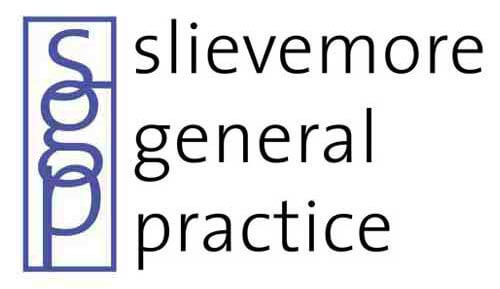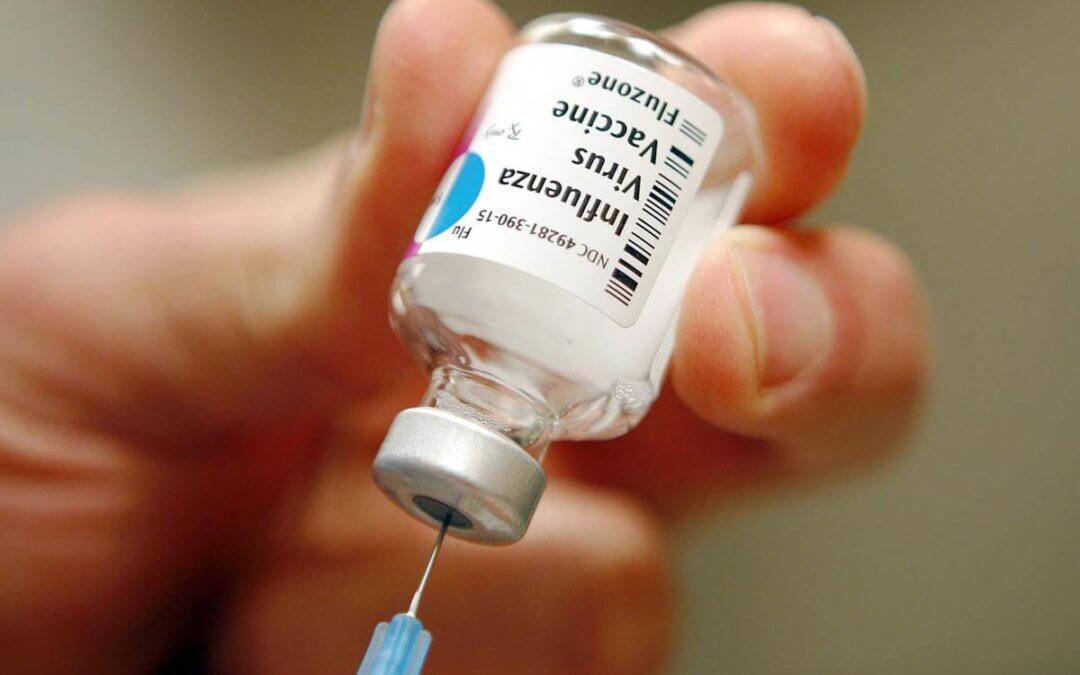The MMR Catch-up Vaccination Programme
There has been a recent rise in measles cases internationally. In Europe there have been increasing numbers of measles cases notified since the beginning of 2023. The MMR Catch-up Vaccination Programme forms an important part of national efforts to increase coverage of MMR vaccination, in line with WHO targets. Under this programme, the HSE is now providing eligible individuals with an opportunity to avail of catch-up MMR vaccination.
Vaccination of Adults above 18 years with MMR Vaccine
MMR Vaccine should be promoted and offered opportunistically to unvaccinated or partially vaccinated adults. The Decision on whether to vaccinate adults needs to take into consideration likelihood of immunity from natural infection, country of birth, past vaccination history & further risks of exposure and disease. Where there is uncertainty about vaccination status MMR should still be given if indicated as MMR vaccine can safely be given to those who are immune.
**If you are unsure if you need an MMR please contact Immunisation records on (01) 2365247
Shingles Vaccine
Shingles is an infection of a nerve and the area of skin around it. It is caused by the herpes varicella-zoster virus, which also causes chickenpox.
Most people have chicken pox in childhood but after the illness has gone, the virus remains dormant in the nervous system. The immune system keeps the virus under control, but later in life it can be reactivated and cause shingles. Shingles usually affect a specific area on either the left or right side of the body. The main symptoms are paid and a rash, which develops into itchy blisters and the scabs over.
Shingles can occur at any age but is most common in people who are over 50 years of age.
In most cases, the painful rash of shingles lasts 7 to 10 days and takes 2 to 4 weeks to fully heal. Several different medicines can be used to treat the pain. Complications can occur after you have had shingles, such as postherpetic neuralgia. This is where severe nerve pain lasts for more than 3 months after the rash has gone. It is estimated that postherpetic neuralgia affects at least 1 in 10 people with shingles and is more common in older people. It affects around one-third of people who are over 80 and who have shingles.
Shingrix Vaccine
Shingrix is a vaccine that helps to protect adults against shingles (herpes zoster) and post-herpetic neuralgia (PNH), the long-lasting nerve pain that follows shingles.
Shingrix is given to:
– Adults 50 years and above
How Shingrix is given:
– Shingrix is given as an injection into a muscle. (usually the upper arm)
– You will receive 2 injections 2 months apart. If flexibility in the vaccination schedule is necessary, the second dose can be administered between 2 and 6 months after the first does. Based on your medical condition, your doctor may also recommend that you receive the second injection 1 month after the first.


Recent Comments